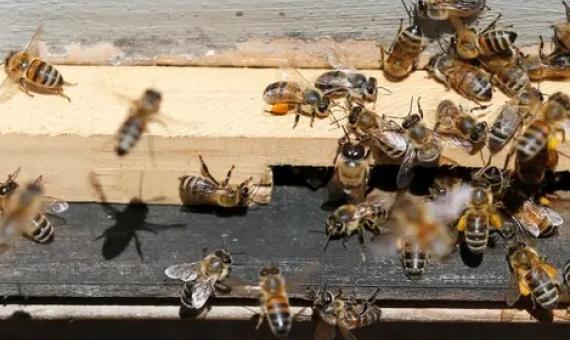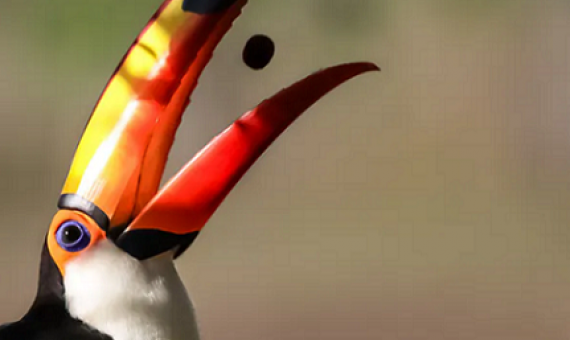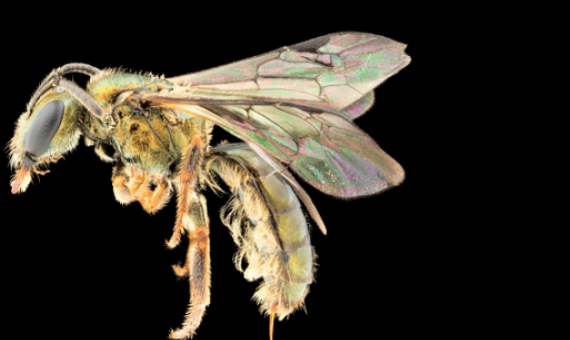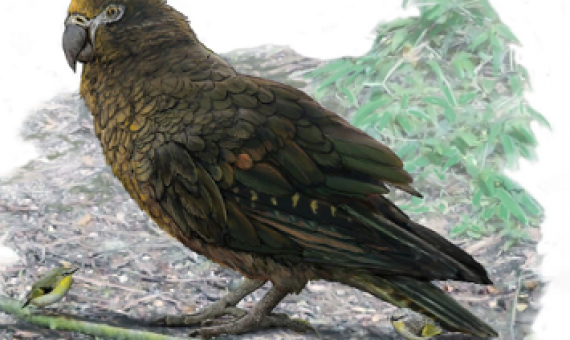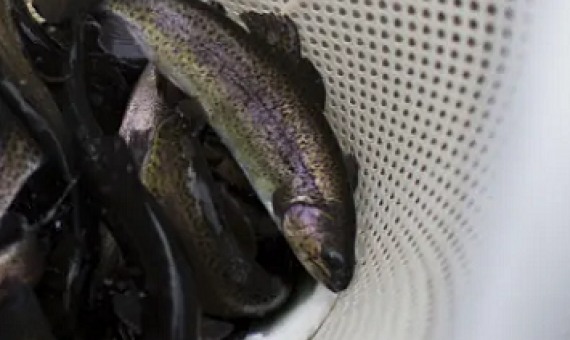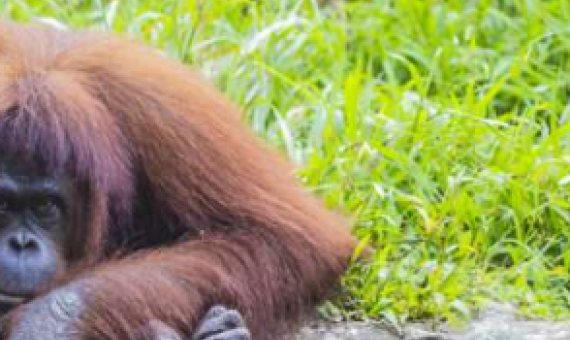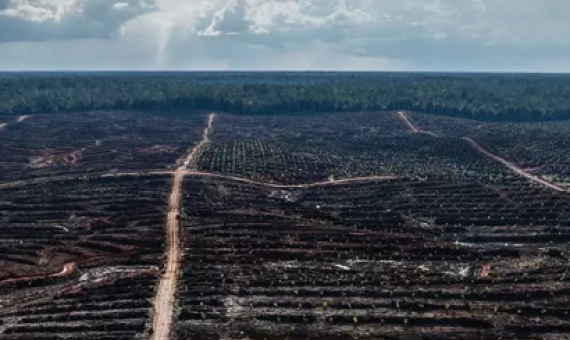The “unnoticed insect apocalypse” should set alarm bells ringing, according to conservationists, who said that without a halt there will be profound consequences for humans and all life on Earth.
Flying foxes, including threatened species, have been dying or taken into care in large numbers due to a food shortage in their habitat in eastern Australia.
It’s tempting to think that our forests would be fine if we could simply stop trees being felled or burnt. But forests – particularly tropical ones – are more than just trees. They’re also the animals that skulk and swoop among them.
Comprehensive study of mammals, birds, amphibians and reptiles finds that nearly one-fifth of vertebrates are bought and sold around the world.The findings come from one of the most comprehensive studies of the international wildlife trade to date, which surveyed more than 30,000 species of mamma
Thomas Crowther wants to restore the planet, but first he needs to know how many trees, fungi, worms and microbes live on it...Crowther’s maps are bouncing onto the pages of leading science journals — five so far this year in Science and Nature alone — and he has just won the British Ecological S
From the island country of Fiji, researchers have described nine new, and four previously known, species of bees belong to the genus Homalictus, a group that’s not been taxonomically reviewed in Fiji for 40 years.
Australasian palaeontologists have discovered the world's largest parrot, standing up to 1m tall with a massive beak able to crack most food sources.
"Wild foods," or wild edible species, provide important nutrients for millions of people worldwide, but they were left out of a recent report on creating sustainable food systems. Click on the link below to read the full article.
A recent landmark United Nations report delivered an alarming assessment of the fate of animal life and biodiversity on Earth. Click on the link below to read the full article.
Human society is in jeopardy from the accelerating decline of the Earth’s natural life-support systems, the world’s leading scientists have warned, as they announced the results of the most thorough planetary health check ever undertaken. Click on the link below to read the full article.&nbs

